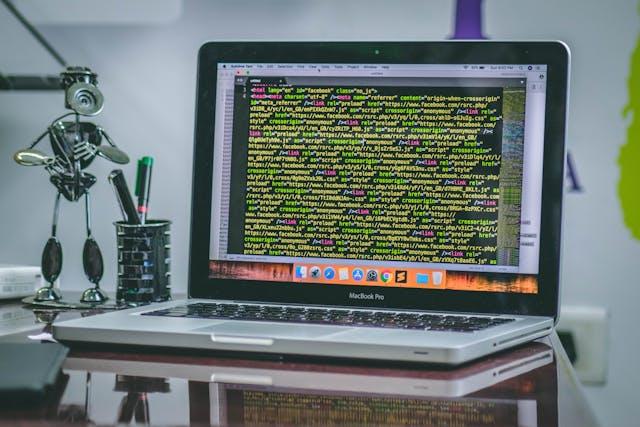What is Privacy Preservation, and Why Is It Important
Let's talk Privacy! In this digital age, where everything from shopping to chatting happens online, keeping our details safe is more crucial than ever. We've all heard horror stories about identity theft and data leaks, right? That's why privacy preservation is a big deal—it's all about keeping our data under lock and key from those we don't want snooping around.
What's Privacy Preservation Anyway?
Think of privacy preservation as a digital fortress that keeps our personal information safe from invaders. It's a mix of cool tech and smart strategies designed to protect our data while still allowing folks to use it for legitimate reasons, like business and research.
The Essentials of Keeping Data Safe
Privacy preservation isn't just a nice-to-have; it's a must-have, and it boils down to a few key tactics:
- Anonymization: This is all about stripping away details that can identify you from data sets. It's like turning personal info into a secret code that only a few can understand, making it challenging for unwanted eyes to figure out who's who.
- Data Minimization: Here's a novel idea—gather only the necessary information! Less data floating around means there's less than the bad guys can snatch up.
- Access Controls: This is like having bouncers at the data club; they ensure only VIPs (a.k.a. authorized folks) can get in. This often involves fancy tech like encryption or policies that define who can see what.
Why Should We Even Care?
In today's world, privacy breaches are front-page news. Protecting personal and sensitive information is not only about avoiding identity theft but also about complying with laws like the GDPR in Europe or the CCPA in California. These rules help businesses handle data responsibly—if they mess up, they could face hefty fines.
Plus, companies that are strict on Privacy are remarkable for their reputation. Customers dig for trustworthiness, especially when it comes to their personal details. Strong privacy measures also provide a solid shield against cyber nasties that want to disrupt or steal data.
Tech to the Rescue: Privacy Tools We Need
As we dive deeper into the digital world, the tech protecting our Privacy needs to step up. Here are some of the MVPs:
- Encryption: The OG of data protection, this technique scrambles your data into a secret code that only people with the correct key can read.
- Differential Privacy adds a random factor to data or queries, making it tough to identify individuals in a dataset.
- Homomorphic Encryption: This is a bit of a brain-bender. It allows data to be messed with in its encrypted state—meaning, it's being used without ever being exposed.
- Secure Multi-Party Computation (SMPC): This excellent method lets multiple parties work together on data without revealing their bits of it.
While these tools are fantastic, they have limits—like being a bit slow or costly or potentially messing with data accuracy. No tech is perfect; the brains behind these always work on upgrades.
Privacy Across Industries
Whether it's healthcare, finance, or online shopping, each industry has its privacy puzzles to solve:
- Healthcare: Patient records are the holy grail here, and they need guarding, often guided by strict laws like HIPAA in the U.S.
- Finance: With all the juicy financial details floating around, this sector is about stopping identity theft with top-notch security measures.
- E-commerce: Online shops need to protect customer data to keep shopping smooth and secure and win customer loyalty.
Each sector needs a tailored approach to Privacy that fits its specific challenges and rules.
Challenges and Best Practices
Keeping up with Privacy isn't a set-it-and-forget-it kind of deal. It's a balancing act between using data entirely and keeping it under wraps. Companies must stay sharp on the latest cyber threats, stick to regulations, and integrate Privacy into their systems from day one.
Some best practices include:
- Regular privacy checks to spot weak spots before they become problems.
- Encryption everywhere—data at rest, data in transit.
- Keeping all systems patched and up-to-date to fend off hackers.
What's Next for Privacy?
Looking ahead, privacy tech is only getting snazzier. AI and machine learning are stepping in to predict and prevent breaches, and blockchain is offering new ways to lock down data. The future might even bring stuff like quantum encryption—imagine a security system so strong that it's theoretically unbreakable!
Wrapping Up
Privacy preservation is a big deal, not just because it's the law, but because our data deserves the utmost respect and protection. As we move forward, getting more thoughtful about how we protect our digital selves is not just optional; it's essential. Let's keep our data safe and sound and our digital futures secure!

